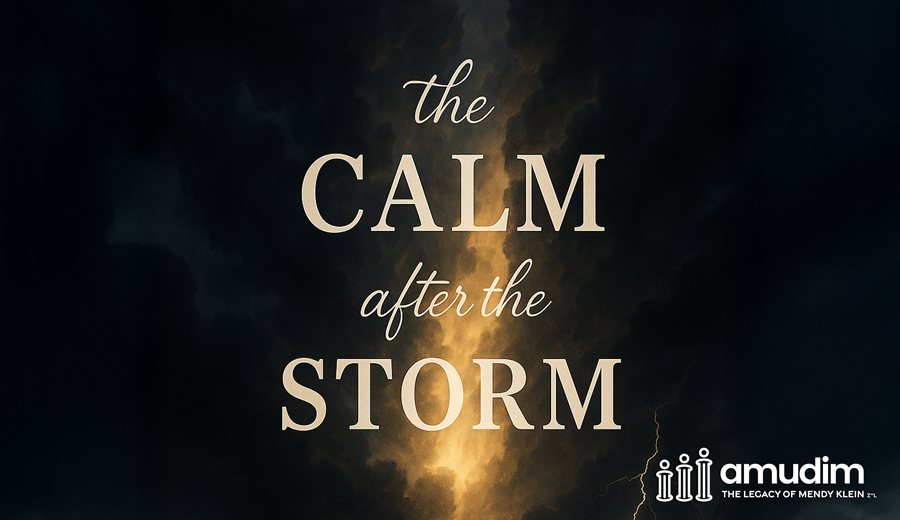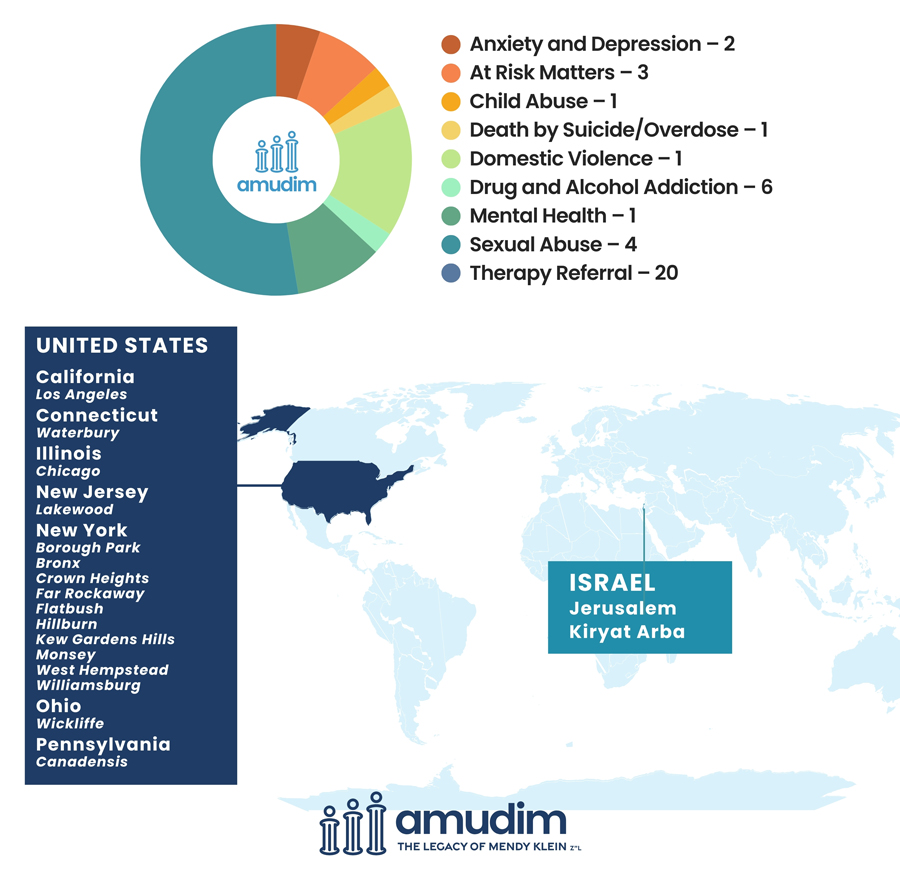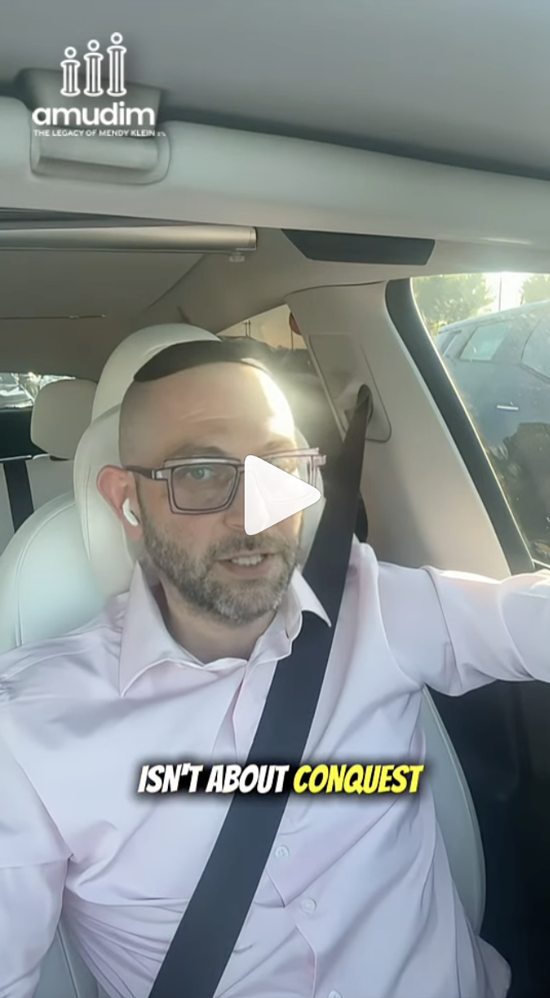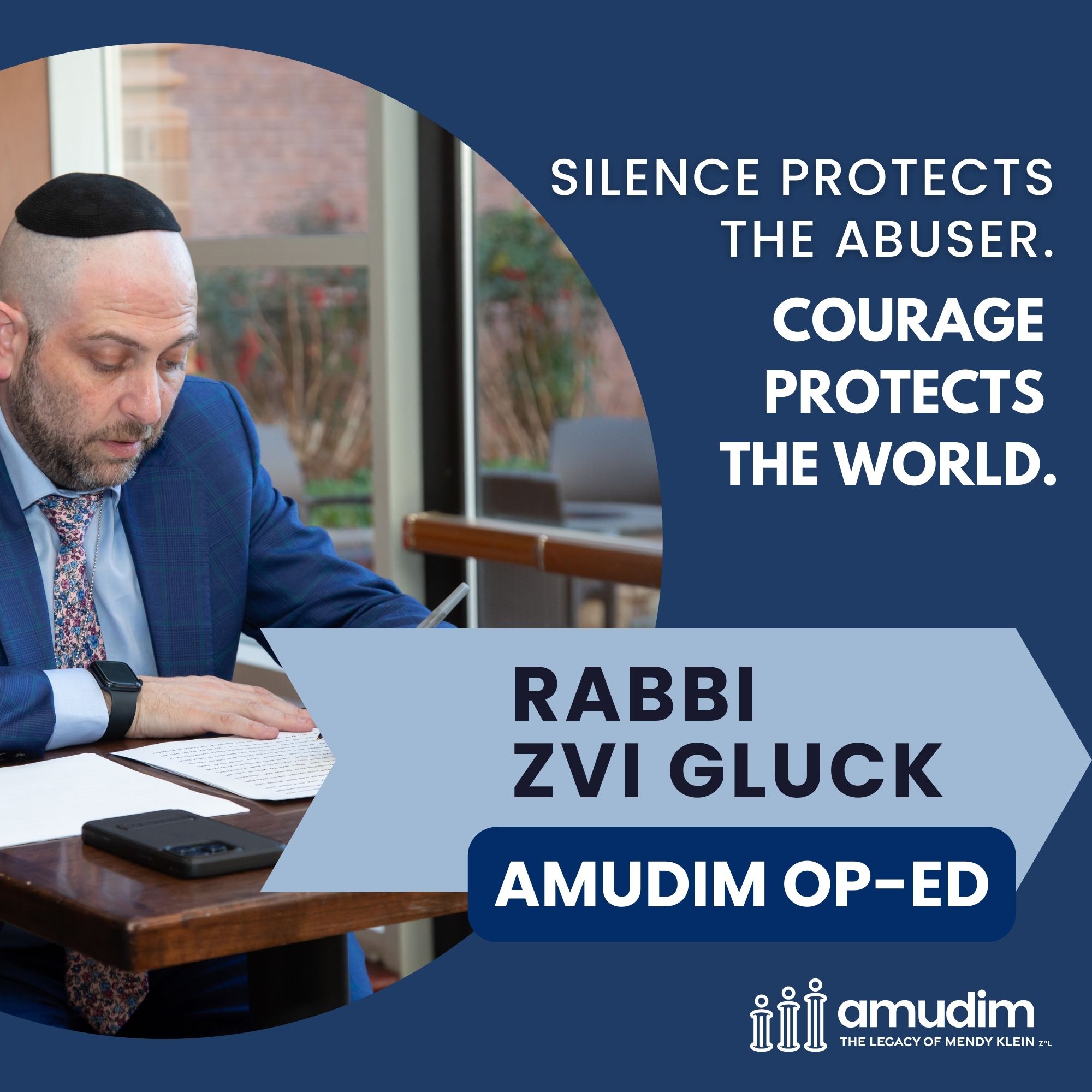
Supporting a loved one through mental health challenges is an often difficult and lonely task. Many factors come into play to ensure that both the individual and those closest to him have the right support. But there is no reason that someone should have to do this alone. Amudim’s goal is to provide the guidance and resources that can lighten the load.
When Shnuer* was discharged from the hospital following a mental health crisis, his wife didn’t know where to turn. At 38, Shnuer had been quietly battling depression for years. In a desperate attempt to cope, he had turned to alcohol, numbing his pain while isolating himself from the people who loved him. His struggles reached a tipping point, resulting in suicidal ideation and hospitalization.
But leaving the hospital wasn’t the end of the story, it was just the beginning.
Shnuer’s wife was overwhelmed. She didn’t know what options were available, what would help her husband, or how they could afford anything beyond the bare minimum. The word “rehab” arose several times, but the price tag made it feel impossible.
Then, a friend who had been through something similar told her to call Amudim.
The case manager listened patiently as Shnuer’s wife described the chaos and fear of the past few weeks. She expected judgment or unreachable recommendations, but instead found empathy and clarity. Rather than rushing to place Shnuer in a residential facility, the case manager recommended a more sustainable and realistic approach: an intensive outpatient program (IOP) covered by their insurance combined with a local 12-step support group. This would allow Shnuer to continue healing without uprooting his life or overwhelming his family financially.
Though he had seen a therapist in the past, it had become too expensive. The case manager explained that once Shnuer was stabilized, Amudim could assist in connecting him with an affordable individual therapist as a next step.
One month later, Shnuer is in treatment and stable. There is still much work ahead, but he and his wife are moving forward with guidance and support.
If you or someone you know is struggling, please don’t hesitate to reach out. Amudim is just a phone call away and here to help.
*Names and details have been changed to protect privacy.

Each week, Amudim fields calls covering a wide range of crises and addressing various human concerns, including addiction, depression, abuse, health and domestic emergencies and many others. We track the calls and breakdown of issues for many reasons, foremost of which is to consistently improve and strengthen our knowledge and ability to address community’s needs.
Have you ever surprised yourself by surviving something you thought would break you?
This week’s parsha, Ki Savo, reminds us: you don’t need to be perfect to be powerful, or whole to be holy. Healing isn’t about erasing the past—it’s about bringing what you can, even if it’s small, even if it’s bruised, even if it’s not yet complete.
Your life is the first fruit. 🍇
Show up with honesty, not perfection. That’s what makes your offering beautiful in the eyes of Hashem.
Wishing you a wonderful Shabbos.
Silence protects the abuser. Courage protects the world.
Last week, Epstein survivors stood in Washington and spoke their truth—raw, painful, and powerful. Their courage is our call to act.




